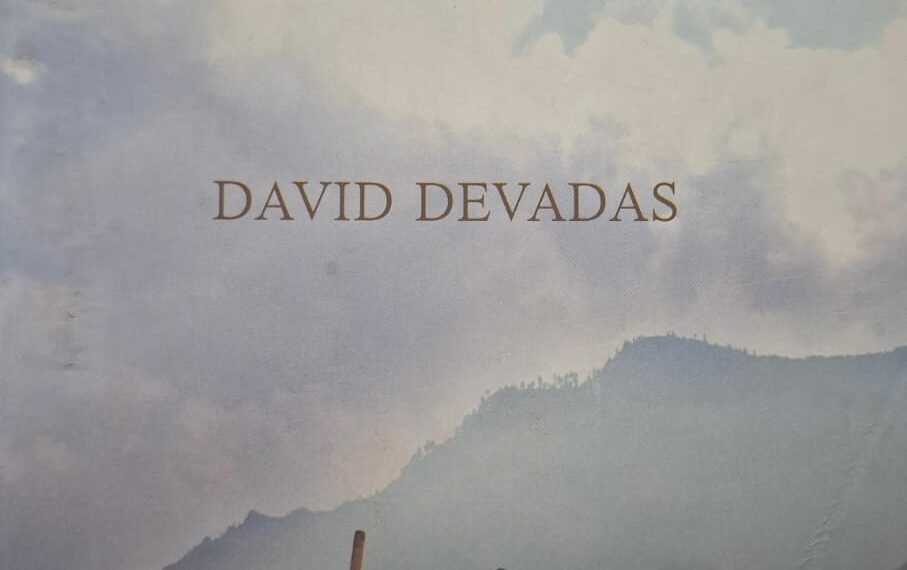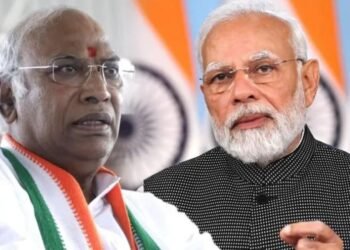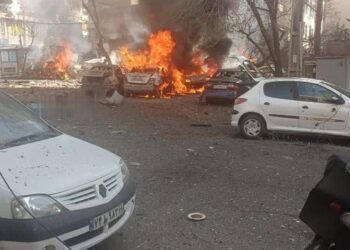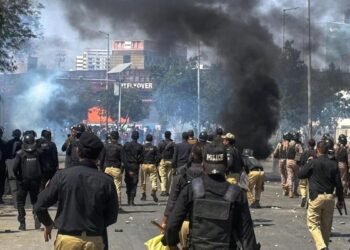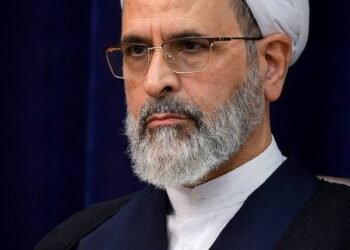Banning books by scholars and reputed historians will not erase historical facts and the repertoire of lived memories of people of Kashmir.
By PC Bureau
The Jammu and Kashmir government’s recent decision to ban several books has ignited fierce criticism from political leaders, activists, and authors, who view the move as an assault on free speech and a desperate attempt to suppress historical narratives.
According to a notification dated August 5,the Jammu and Kashmir Government declared 25 books, two of them written by Arundhati Roy and one by AG Noorani, as ‘forfeited’ for contributing to radicalization of youth, glorification of terrorists, vilification of security forces and promotion of alienations.
The Home Department of the Jammu and Kashmir Government issued an order to this effect.
The banned books, among others, include ‘Azadi’ authored by Arundhati Roy, ‘Kashmir (The case for Freedom), co-authored by Arundhati Roy and ‘The Kashmir Dispute 1947-2012 written by AG Noorani.
“The identified 25 books have been found to excite secessionism and endanger the sovereignty and integrity of India, thereby, attracting the provisions of Sections 152, 196 and 197 of Bharatiya Nyaya Sanhita 2023,’’ the Home Department order issued by its Principal Secretary Chandraker Bharti, said.
The order read that under Section 98 of the Bharatiya Nyaya Sanhita 2023, the Government of Jammu and Kashmir has declared publication of 25 books, and their copies or other documents to be forfeited to the Government.
Former Chief Minister and People’s Democratic Party (PDP) President Mehbooba Mufti condemned the ban, calling it a direct attack on democratic values. In a statement issued today, Mufti said, “Democracy thrives on the free exchange of ideas.
Banning books cannot erase history; it only fuels division. In Kashmir, suppressing democratic voices and fundamental freedoms deepens alienation and mistrust. Censorship doesn’t silence ideas, it amplifies their resonance.” Her remarks underscore the growing concern that such measures could further alienate the region’s population, already grappling with decades of unrest.
Famous author David Devdas, whose book In search of Kashmir has also been banned in a post on X said, ” Would any lawyer with a commitment to free speech, democratic values, and the Indian Constitution, take up my book ban in a court of law pro bono?
Aarti Tikoo Singh, Geopolitical and economic analyst also reacted strongly over the issue of book ban. In one of her posts Aarti Tikoo Singh said, ” Now, very strangely,
@david_devadas
’ book ‘In Search of a Future/The Story of Kashmir’, which actually was one of the most objective and dispassionate works on the conflict, is banned by
@OfficeOfLGJandK
Manoj Sinha’s office. Yet, most of the anti-India books, movies and documentaries remain in circulation, freely. Good that the government hasn’t banned them but why has it banned these select 25 books?
Meanwhile, Mirwaiz Umar Farooq, Chairman of the All Parties Hurriyat Conference, echoed Mufti’s sentiments in a post on X, stating, “Banning books by scholars and reputed historians will not erase historical facts and the repertoire of lived memories of people of Kashmir.
It only exposes the insecurities and limited understanding of those behind such authoritarian actions, and the contradiction in proudly hosting the ongoing Book Festival to showcase its literary commitment.” His critique highlighted the irony of the government promoting a book festival in Srinagar while simultaneously censoring literary works, raising questions about its commitment to intellectual freedom.
Among the affected authors, Anuradha Bhasin, whose book is included in the ban, took to X to express her dismay. “I’ve read most of these books & written one. They’re well researched & not one glorifies terrorism, which this govt claims to have ended. Scared of words challenging your lies!” Bhasin’s statement challenges the government’s justification for the ban, which alleges that the books glorify terrorism—a claim she and others argue lacks substantiation. Her work, known for its rigorous research into the region’s socio-political dynamics, has been widely respected, making the ban a focal point of controversy.
The banned books, which include titles by prominent historians and writers, are said to cover sensitive aspects of Kashmir’s history and conflict. Critics argue that the government’s decision reflects an attempt to control the narrative around the region’s past, particularly at a time when Jammu and Kashmir is navigating a complex political landscape following the abrogation of Article 370 in 2019.



